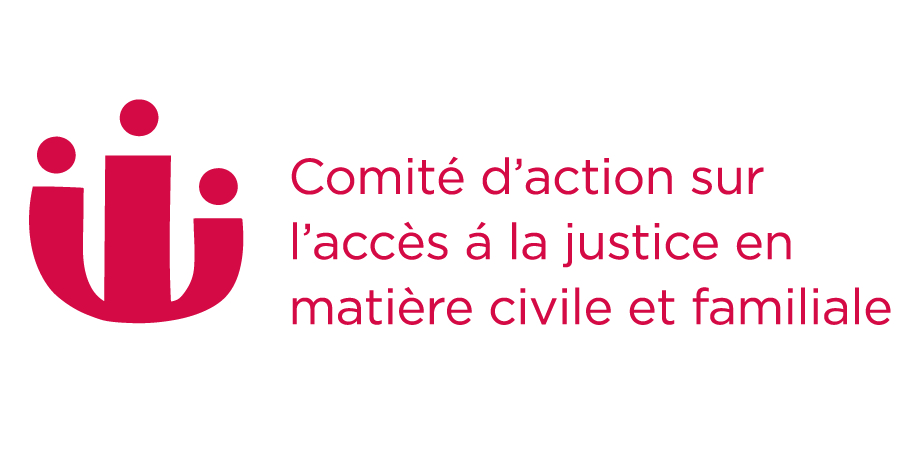Inventory of Reforms
Newfoundland and Labrador Mediation Pilot Project in Small Claims Court
Year:
1999
Description:
Pilot project incorporating interest-based mediation into the small claims process and using articling students as mediators.
Status:
Ongoing pilot
Jurisdiction:
Newfoundland and Labrador
Court:
Small Claims Court
Timeline:
May 1999: Mediation plot project initiated
2007: Motor vehicle accident cases are no longer mediated
Publications:
Small Claims Rules, NLR 52/97. (2009)
Provincial Court of Newfoundland and Labrador: Annual report 2006-2007 (Courts of Newfoundland and Labrador, 2007). [2007 Annual Report]
Provincial Court of Newfoundland and Labrador: 2007/2008 annual report (Newfoundland Law Reform Commission, 2008). [2008 Annual Report]
Related Reforms:
See also Newfoundland and Labrador Small Claims Court
Development:
In May of 1999 a « pilot » project was started in the Small Claims Court to incorporate interest-based mediation into the small claims process…Prior to introducing mediation the procedure was to hold a settlement conference pursuant to Section 10 of the Small Claims Act S.N.L. 1990. The settlement conference was chaired by the Judge and was essentially a first appearance to ensure that the parties were ready for trial. At the settlement conference, the Judge would explore the possibility of settlement with the litigants or make other orders such as default judgments in the event of a non-appearance but there was little opportunity for mediation.
2008 Annual Report at 35)
Purpose:
« The hope was that by using mediation fewer cases would go to trial and issues could be resolved at the settlement conference stage » (2008 Annual Report at 35).
Description of Reforms:
In 1999 the Small Claims Rules Committee decided to use third-year law students who were completing their articling as the mediators in the proposed mediation process. This obviated the need for any financing for the project as the mediation could be done on a volunteer basis; and as the law clerks were all members of the Law Society, there was already a regulatory body in place to maintain professional standards. At the time it was hoped that the law students would welcome a chance to be directly involved in the litigation process and that obtaining volunteers would not be a problem. This hope has come to fruition and the number of volunteers has, on some occasions, outstripped the number of cases to mediate. To date all of the law clerks in the bar admission course from 1999 to 2007 have participated in the process and all of them have reported they found the experience to be very useful.
We continued with the project this year [2008] despite a shortage of judicial resources which arose as a result of retirements and illness. We had a well attended organizational meeting with the law students in August and started to assign the mediation sessions in September. Not all of the 2008 class have had a chance to mediate as of the writing of this article but all of those who have completed a session reported that they enjoyed the experience and several have asked that they be given another mediation opportunity. The students since 1999 have been exposed to more ADR courses in law school and successive classes have grown much more comfortable in the role since the inception of the program. The settlement rate remains very high and it has been a great benefit to the many unrepresented litigants appearing in small claims court.
2008 Annual Report at 35
Results of the Mediation Process
On the litigation itself the success rate in terms of settling cases via mediation has not been high but it has been significant. On average, over the years, mediators have settled between 30 and 40 percent of the cases. Despite this, however, the majority of litigants have been positive about the process-finding that even if a full settlement of their case was not achieved, at least some of the issues were resolved and they were more prepared for trial. We had initially referred all cases to the medication process. Experience over the past six years has shown us that some cases are not amenable to mediation and will not settle. This has proved to be the case in motor vehicle accident cases. Generally speaking, before starting the court process these cases have already been through a form of mediation in that insurance adjusters have negotiated with the parties and further mediation or discussion between them at court is pointless. Most vehicle accident cases involve a determination of fault and turn on the findings of fact and parties are interested in having a trial and a determination being made by a Judge. As a result, the Small Claims Rules Committee has decided that this year, motor vehicle accident cases will no longer be mediated and instead will proceed directly to trial. All the remainder of the cases will still go through the mediation process.
2007 Annual Report at 34
Results:
The student experience compliments the bar admission course and it continues to be a very positive process for litigants, the Court, and the Bar. Interestingly our program has had an international effect. A delegation of judges from Eastern Europe was at the Court for a visit in the fall of 2007. They were extremely interested in our mediation program and we have since heard that they hoped to design a similar program to ours in their home courts utilizing their student Judges.
2008 Annual Report at 35
Revision History:
This summary was last reviewed in Dec 02, 2013



